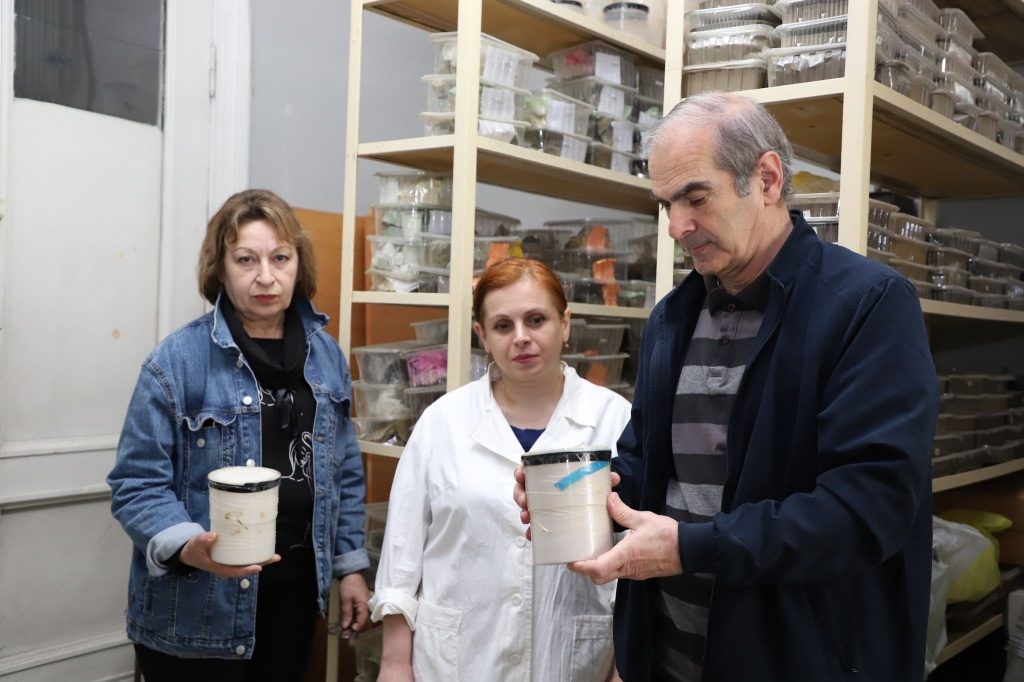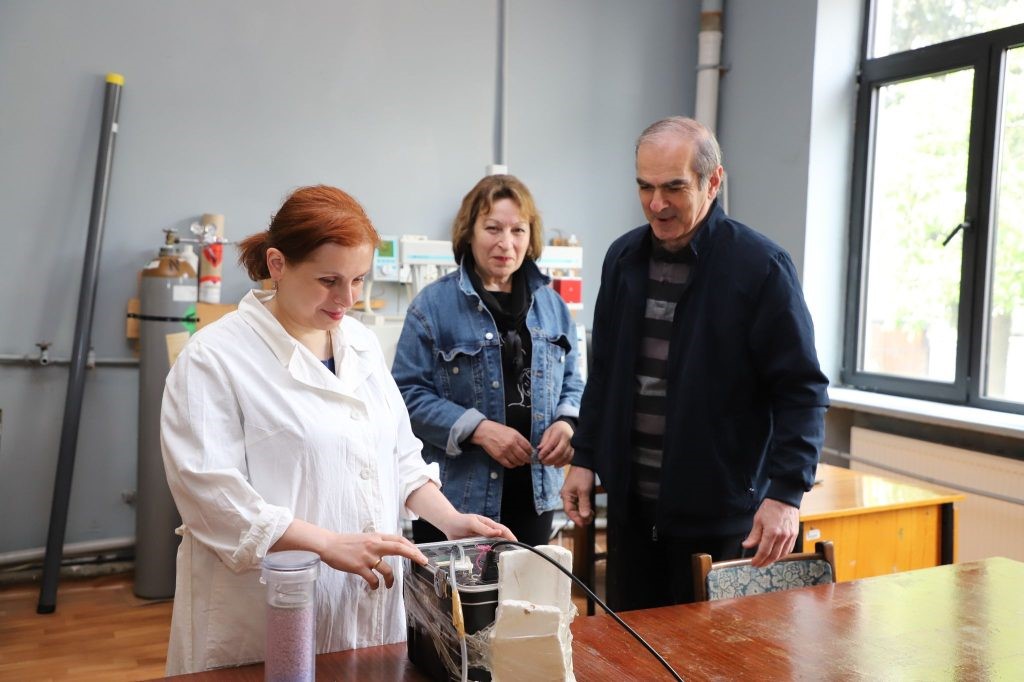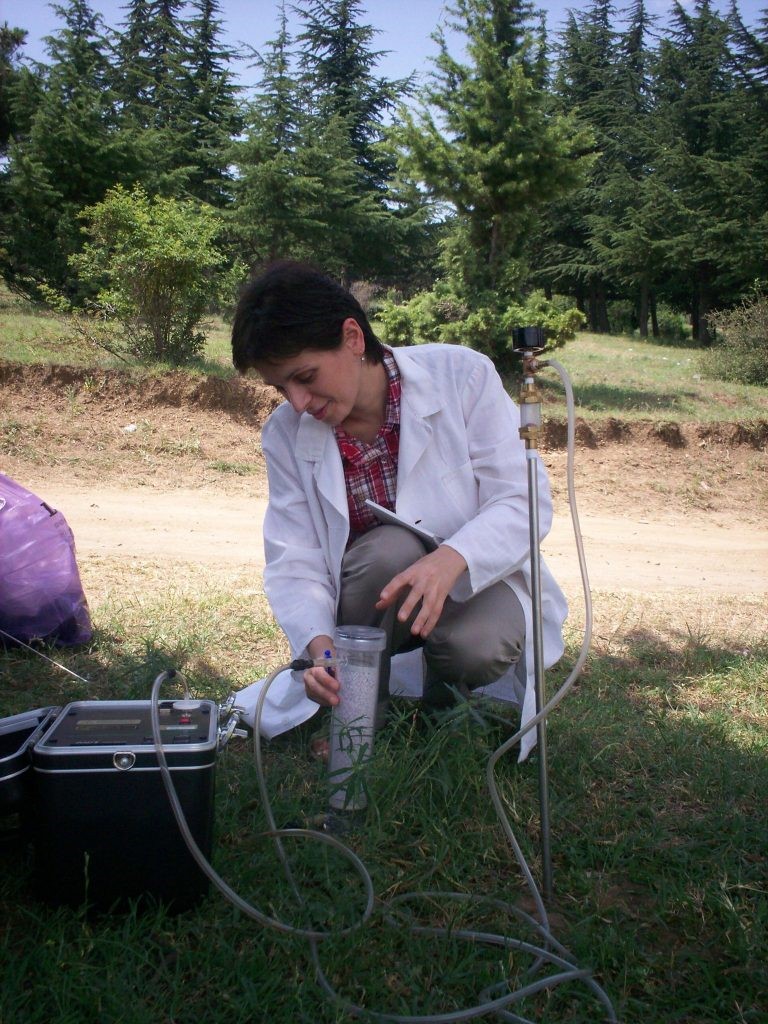What research is planned on the territory of the Kazbegi municipality
What research is planned on the territory of the Kazbegi municipality

"Radioecological Characterisation of the Territory of Kazbegi Municipality" - this project was presented by a group of scientists from the Nodar Kekelidze Research Institute of the Faculty of Exact and Natural Sciences of TSU, which won a grant under the Shota Rustaveli National Science Foundation competition. The researchers, Eremia Tulashvili, Bella Kvirkvelia and Lela Mtsariashvili, were represented at the grant competition to promote a research project on the study of Georgia's border regions and international scientific events.
The project plans to study the radionuclide composition of different soils and geological structures, the background concentrations of radionuclides in the geographical area of Kazbegi municipality, and the concentration of the radioactive gas radon in water, soil and air.
"Radioecological research in our institute started about 15 years ago. As part of a grant funded by the NATO research programme Science for Peace, monitoring of rivers in the South Caucasus was carried out, in which several European countries took part along with the South Caucasus countries (the project was led by Professor Nodar Kekelidze).
Within the framework of the project, modern equipment was purchased, which makes it possible to conduct research using new technologies. This time, we chose the Kazbegi municipality as the object of study, as it is a region with a complex geological structure, located near the main Caucasian ridge.

The relevance of the research topic is that radon is a chemical substance that is constantly emitted from the soil. It is not dangerous to humans at low concentrations in the air, but when radon accumulates in an enclosed space, it causes lung cancer; According to new data, deaths from radon are the second leading cause of cancer deaths worldwide after tobacco smoking.
"In addition, there is an assumption that there is active research in the world according to which radon release from soil is activated before an earthquake. There are no specific results of these studies yet, although they highlight the relevance of the question," explains Eremia Tulashvili.
"Two field expeditions are planned in Kazbegi municipality," says institute director Bella Kvirkvelia, "the research will last one year. We plan to conduct field research and also bring in soil, rock and water samples, carry out laboratory analysis and then publish the new data as a monograph".

"We use a modern, highly sensitive electronic radon detector - a portable device that allows us to obtain data directly in the field. We already have experience in this kind of research. We have already measured the so-called level of radon concentration indoors in different districts of Tbilisi, in buildings floor by floor.
The results have shown that the concentration of radon in the air on lower floors, such as in basements, is relatively high, at which time frequent ventilation of the enclosed spaces is decided," says Lela Mtsariashvili.
34 applications were submitted for the 2023 grant competition to promote research projects studying the border regions of Georgia and international scientific events, out of which the competition committee declared 2 research projects as winners.
